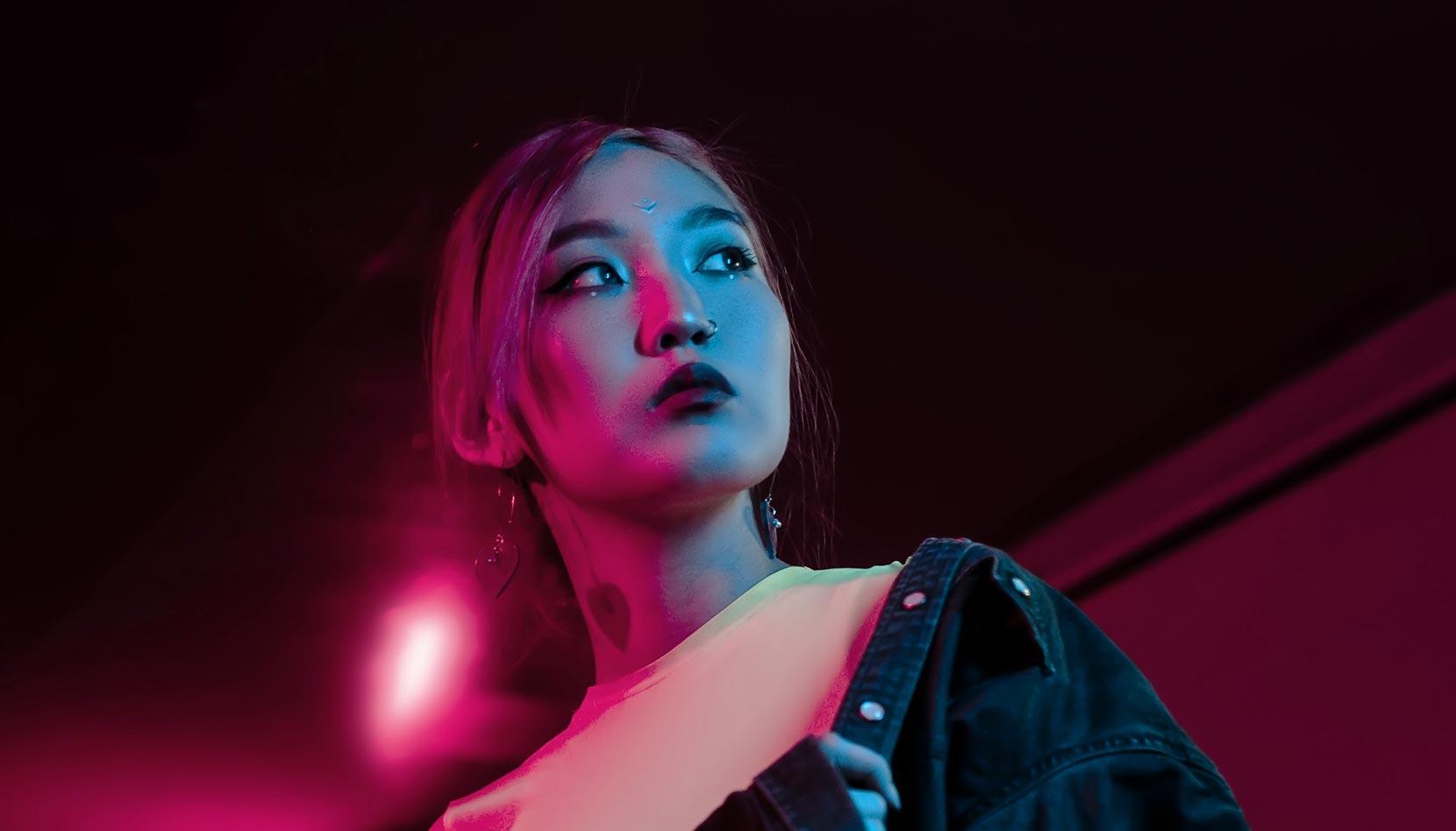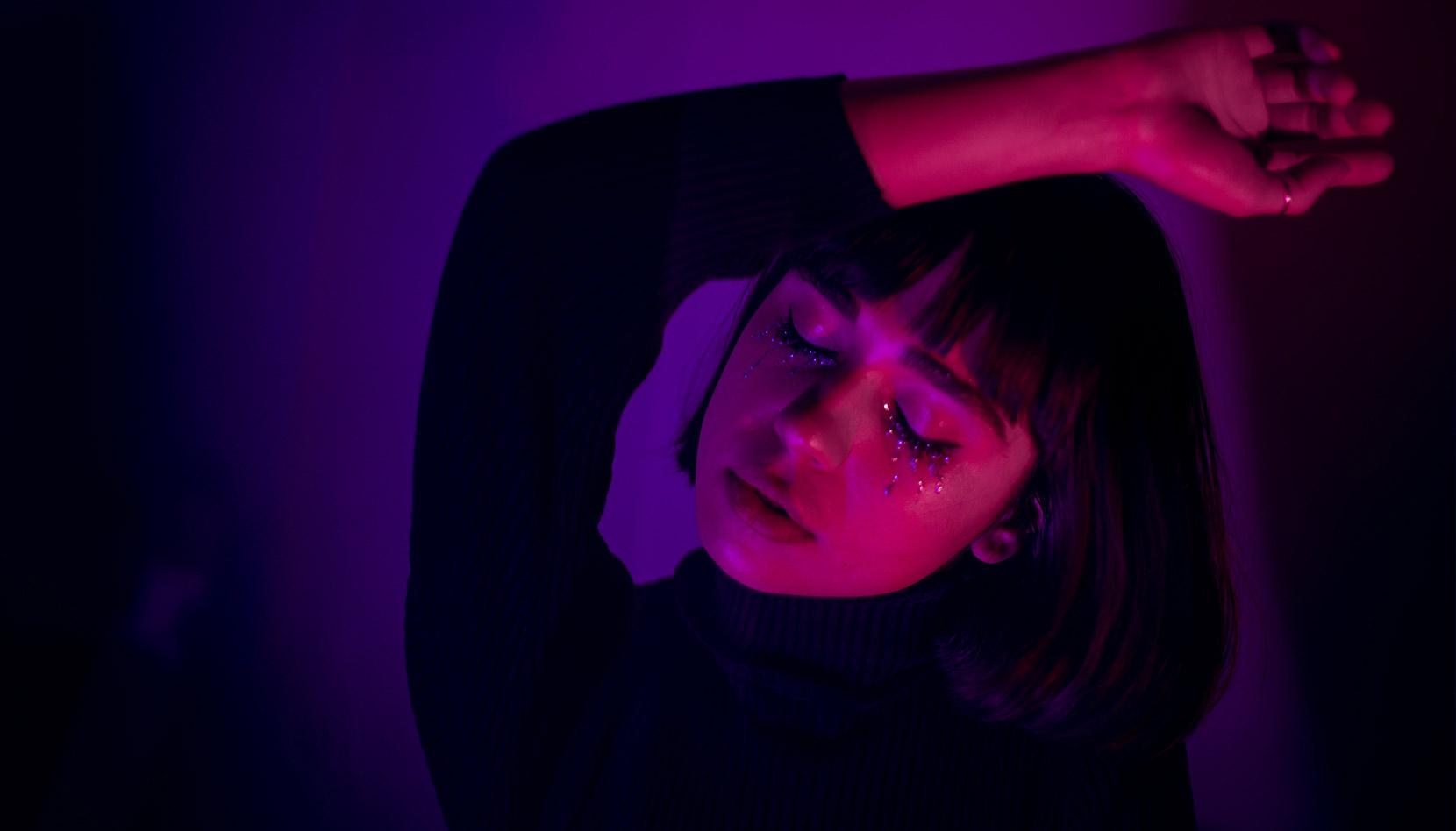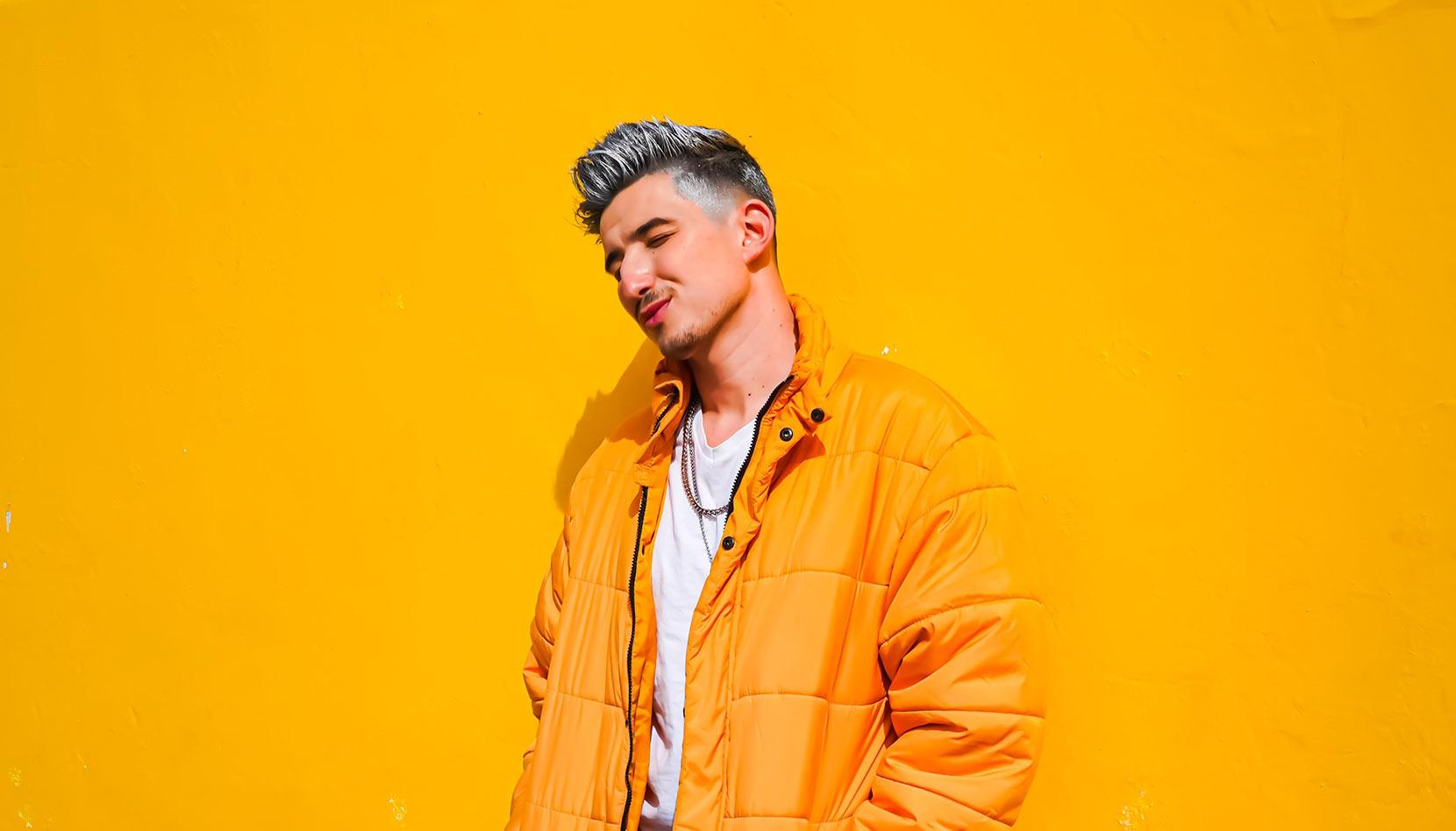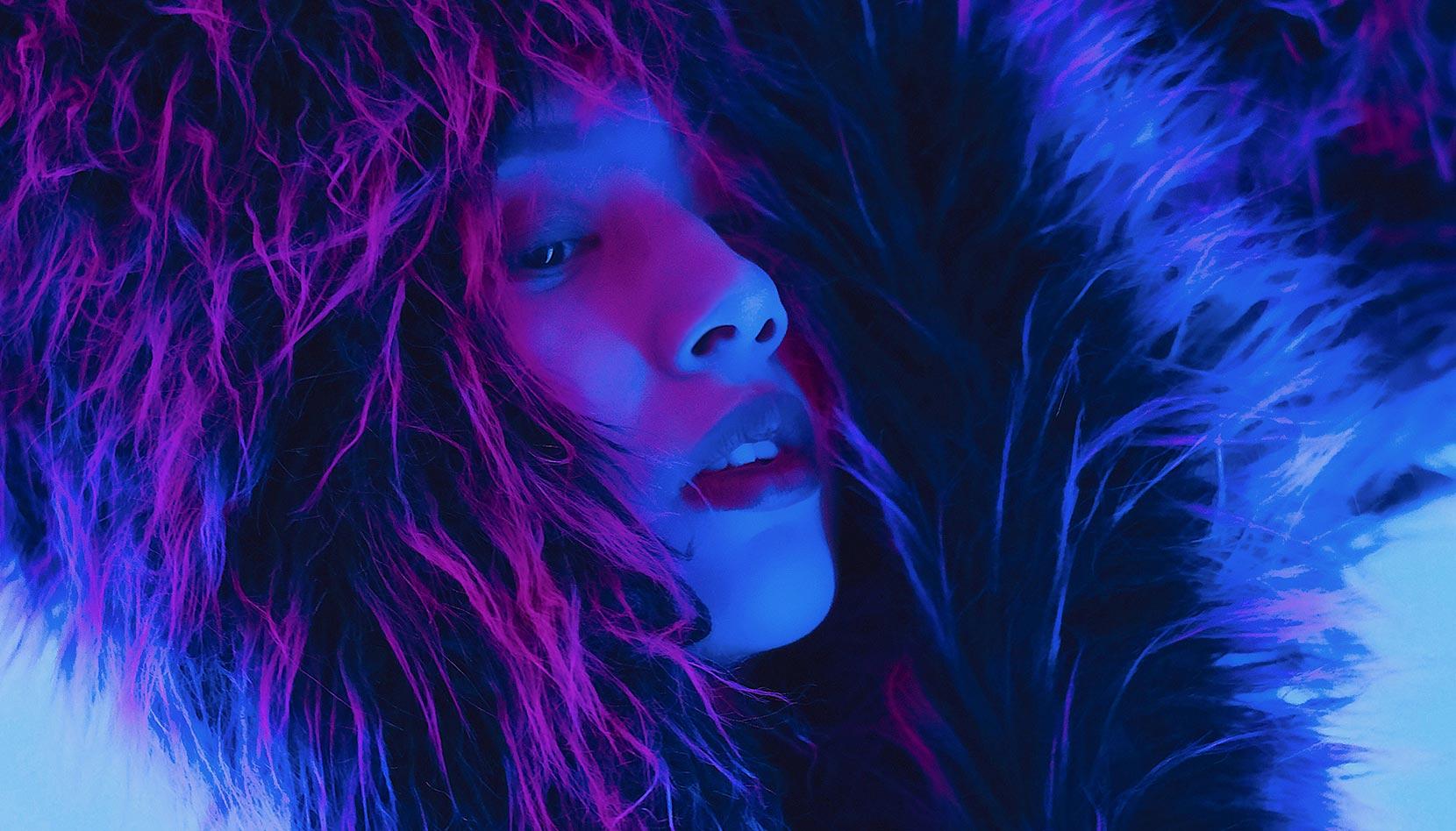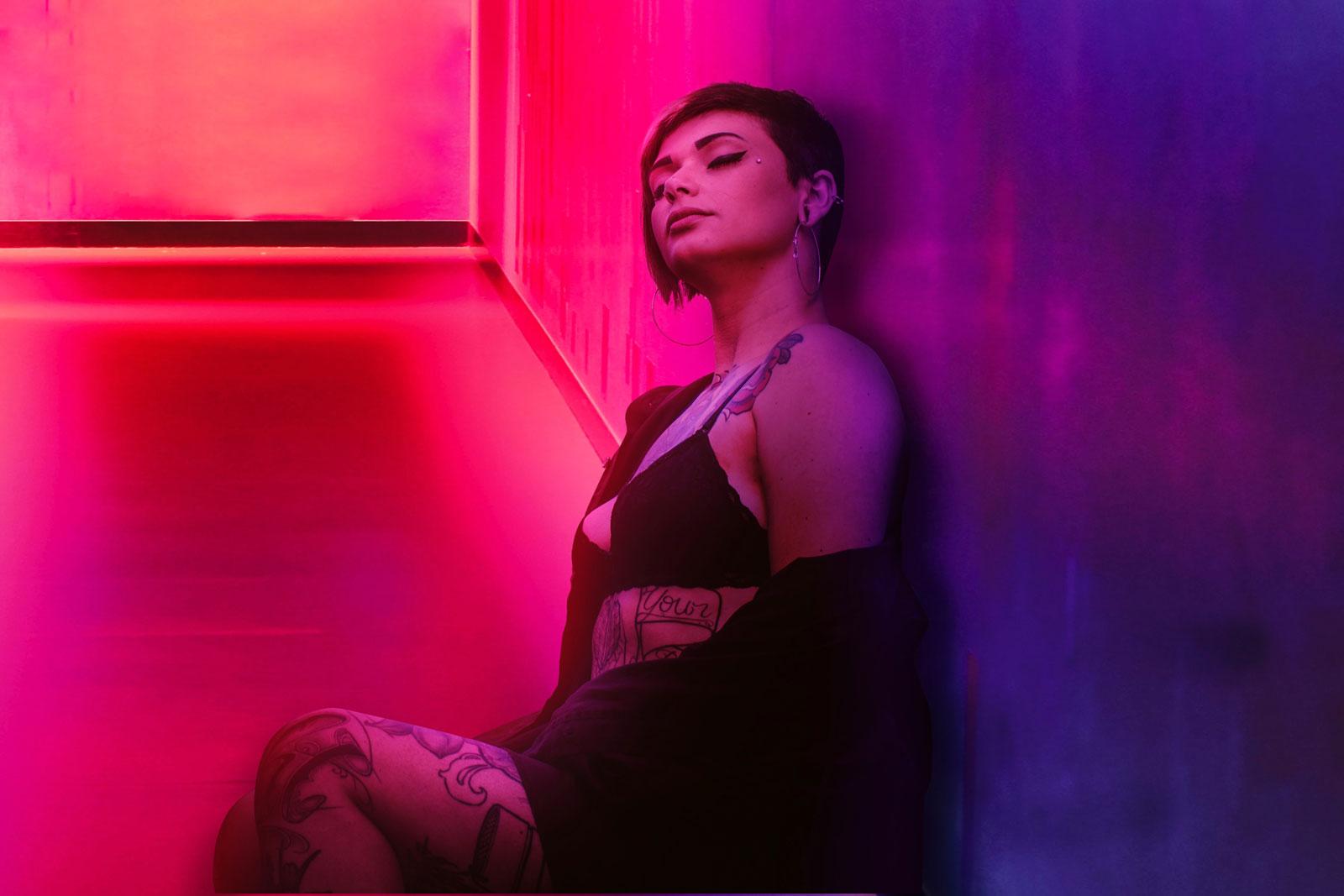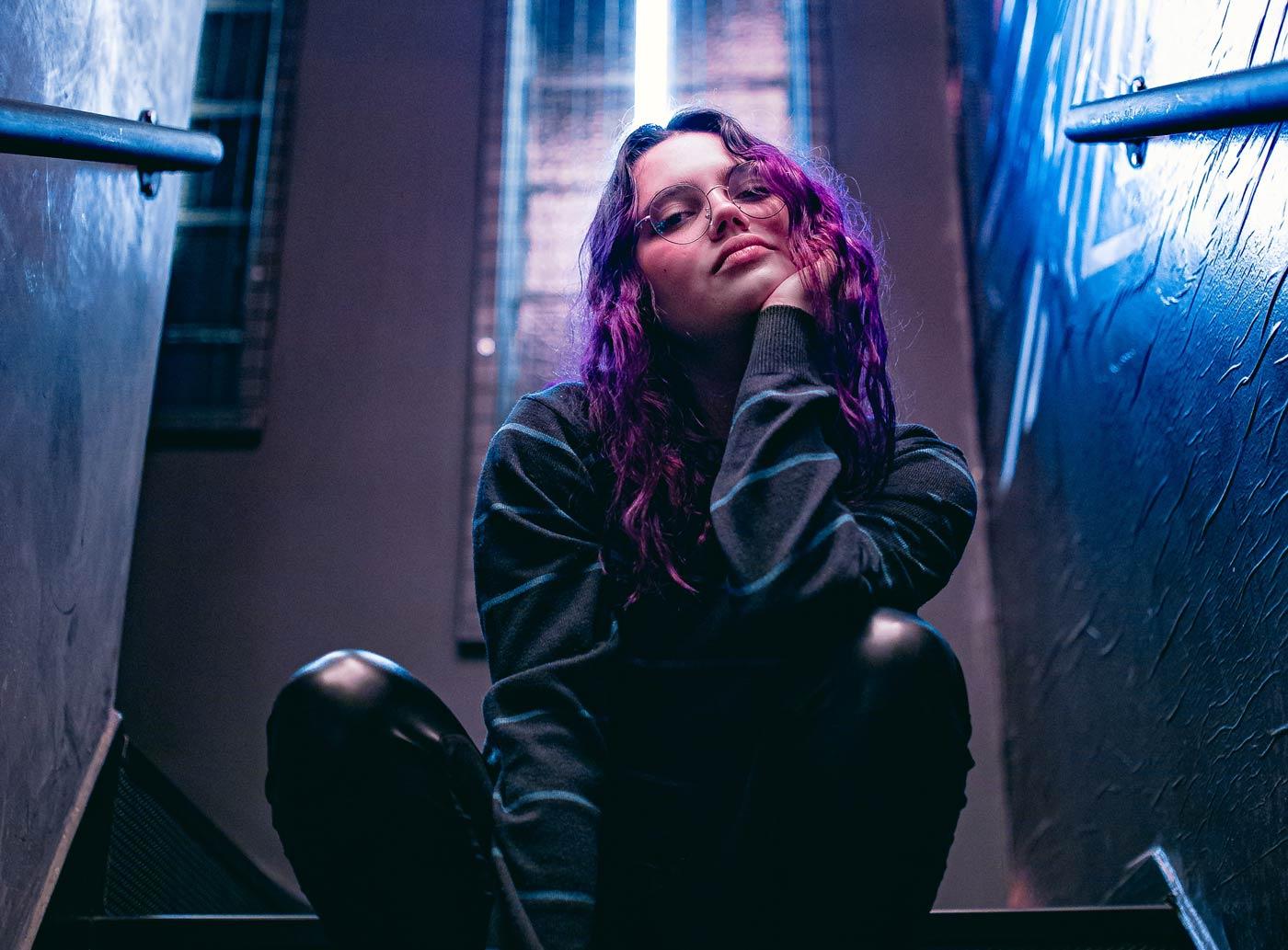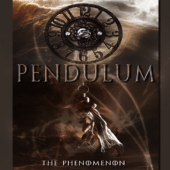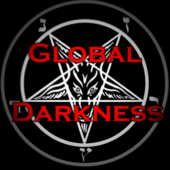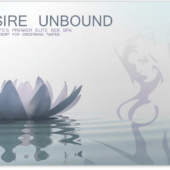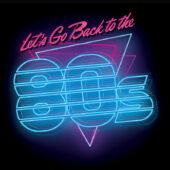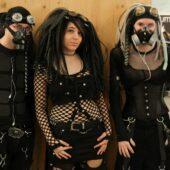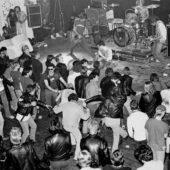JT’s ‘City Cinderella’ Story: The Fast-Rising Rap Star Talks Debut Mixtape, Beyoncé Comparisons & Upcoming Tour

From Brandy and Whitney Houston to Hilary Duff and Selena Gomez, musicians have been putting their own spin on the classic Cinderella story for decades. Now, JT – one-half of City Girls, her five-time BET Award-nominated rap duo with Yung Miami – has gifted the world a Cinderella reimagination rooted in her sleek alt girl aesthetic and the sonic signifiers of late ‘90s and early ‘00s New York and Miami hip-hop.
Clad in a baby blue gown and a white fur boa with her seemingly endless jet-black inches crowned with a tiara, JT – Miami’s reigning hip-hop princess – celebrated the release of her debut solo mixtape, City Cinderella (July 19 via Quality Control/Motown). Featuring guest appearances from both OGs (Jeezy) and newcomers (CLIP), as well as production contributions from Grammy nominees Take A Daytrip (“Intro”) and OG Parker (“Uncle Al”), City Cinderella is an impressive manifesto for the next stage of JT’s career.
Trending on Billboard
Across the tape’s 16 tracks, JT – born Jatavia Johnson — reflects on how her childhood traumas shape her present-day attitude, flexes her millennial status with nifty samples and interpolations that properly situate her in hip-hop history, and displays the evolution of her rap skills. She supplements the sexual liberation of her City Girl days with more luxurious beats that amplify the weight of her tone. Long toted as the standout MC of that hitmaking duo, JT makes formidable strides in fulfilling her potential with City Cinderella.
Remarkably, as she explained in her Making of City Cinderella documentary (July 17), this mixtape is not the product of months of intense studio sessions. Rather, City Cinderella came together as JT traversed the U.S. on a headlining club tour that featured countless memorable, high-drama nights, including shootings, fights, power outages and, hilariously, a meet-and-greet in a deep freezer after a busted fuse in the main room of the venue sent one night awry. “Reggie, the promoter, kept apologizing because he underestimated the crowd that I was going to bring,” she says with a laugh. “It wasn’t even enough liquor at one point! But me and him built a strong connection. He flew all the way from D.C. to my listening party.”
JT’s ability to form genuine connections – whether it’s with artists in the New York alt scene, Mugler creative consultants or her fans (a.k.a. the Juvies) — comes from her authenticity. She’s never tried to be someone she’s not, and even when she’s bracing for a personal evolution, she doesn’t leave behind what she truly loves. Her club tour may have drawn some jeers because of the small venue sizes, but those shows were packed shoulder to shoulder – and that’s nothing to scoff at when some of her more commercially successful peers are struggling to fill larger venues. Lightning-fast rises will never disappear, but JT’s slow-and-steady approach is already proving to be a winning strategy for building career momentum. She smartly used those club appearances nurture a fierce fanbase that helped her land both a No. 9 spot on Billboard’s June ranking of the Hottest Female Rappers and a No. 27 peak on the Billboard 200 with City Cinderella, a higher showing than all three City Girls studio albums, the best-charting of which – 2020’s City On Lock – peaked at No. 29.
“It was easy to bring my fans in [emotionally],” she explains, looking back on her club tour and City Cinderella documentary. “Now, it’s time for us to turn up and celebrate.”
In a revealing conversation with Billboard, JT breaks down the sonics of City Cinderella, previews her upcoming tour and reflects on her Miami roots.
How do you feel now that City Cinderella is finally out in the world?
I feel like I just had a baby. [Laughs]. No, for real! It’s that joy. You feel all the pain before you push it out, and you just be nervous and scared like, “I’ve never had this before. I don’t know how people would take and react to it.” But the first night, everybody was loving the project. And then you get your postpartum. Then you find the joy because you never had it before, you don’t know what to do with all of it.
I’m so happy. I love my project. I loved my project before I put it out, and that’s what really matters. It’s been projects I done put out and I really didn’t want to stand behind it, because I didn’t love it. I stand behind this project so fully and thoroughly, because it’s literally my project. I wrote it.
It was actually one critique that I loved – it wasn’t even bad to me. I can take [it] because it makes sense. They was like, “I feel like on this part she was very monotone.” And I told my A&R that! I already know that. So that was my only doubt. Because I know that the climate we in, music is so uptempo and TikTok is really taking over music to the point people can’t really put out a body of work no more. Every single, you feel like you gotta hit, you gotta knock hard. When I was growing up, I used to listen to projects front to back and it was [different] vibes.
The mixtape’s title definitely showcases the juxtapositions present in your aesthetic as well as your come-up story. What were you pulling from when you were creating the solo JT sound and style?
When I first announced that I was doing City Cinderella, that was like the dusty Cinderella part of the story, when I had to literally get out there and grind and announce it and go to the clubs and push and let people know, “Hey, I’m now a solo artist.” It was not easy because I got backlash and I got sick a lot in early parts of that club tour. It was a shooting – like, I was in the trenches! It was a lot of s—t that I did not tell about the [behind the scenes] of what I went through just to get to this point.
So, when that mixtape cover art came out and it was just so beautiful, I feel like that was the beautiful part of the story — because I think that everybody was expecting it to be more like what they were seeing in the gritty part of the story. It started off dirty and it ended up so beautiful.
People were loving that cover art! I even saw some comparisons to Beyoncé’s Renaissance cover.
Originally, it had the title on it — and I have OCD, so I know that I was not going to want to look back at that title after a while. It didn’t give classy to me, it cheapened the original picture to me. When I took it off — [with the help of] my friend Renell [Medrano], respect to her – I knew that was it.
I didn’t spend much of [my label budget] with this rollout, because I put a lot of my own money into a lot of stuff [in terms of] rolling out the project. When it got to the project and I had put in all the work, [the label] wasn’t really shooting down prices, so my budget was a little high for my cover art. The people that I first was reaching out to [gave] me a hard time to shoot my cover. It got to the point where it was, either I find somebody who could shoot this cover or I’m going to end up not having a cover that I want.
So, I reached out to Haley Wollens – who I met at Mugler through my [late] friend Monica [Suh] — and she loves me, she thinks I’m her muse. She was like, “Girl, I would love to do your cover!” So, we came up with the ice sculpture idea, put the mood board together, shot [the cover] on Friday and we put it out Tuesday.
I’m glad that I end up going with [Neva Wireko], a local Black girl, instead of a company that would overcharge me. The main cover was supposed to be me with the blue swimsuit and the crown looking down, but the other [look] ended up photographing so flawless and timeless.
I know people was going to compare it to Renaissance, but I was not in no way shape or form thinking about Renaissance when I shot my cover. But you know how people are, they just look at colors, they don’t even know what the f—k they looking at. So, my first step was ignoring them because the love was so much bigger than those comments. They were salty that I served like that. They were like, “This b–ch ate it, what else can we say about this?” So, they went with that.
But who wouldn’t want to be compared to Beyoncé? That is the queen! I lover her so much, so I wasn’t really mad at the comparisons.
I was pleasantly surprised at the mix of Miami and New York sounds on the project. What were you listening to while creating City Cinderella?
I’m not gonna lie, my intro (“Hope”) was heavily inspired by Rick Ross and “Oh” was inspired more by Jeezy. For that outro (“Star of the Show”), I listened to Jay-Z. When I first heard the beat for “Star of the Show,” I [knew] I had to get in my Dipset bag. That’s what I grew up on. I listened to a few Jay-Z songs, and he got that slow flow, so I used that for some inspiration and kept crafting and crafting and it turned out great.
I am a ‘90s baby. I am a millennial kid, so I grew up in the era of Dipset and “Make It Rain” and all that. Rick Ross, to me, was one of the artists that made it mainstream [from my city], after Trick Daddy and Trina. I used to love his music, it used to make me feel [luxurious]. When you listen to his old mixtapes, that was very luxurious, slow raps and put-together projects. And that’s what I wanted to do.
What’s your relationship with New York like?
I live here! I’ve been living in between New York and LA since me and my boyfriend got official. Me and my boyfriend moved in together in 2021, and we was living here and L.A. He was trying the L.A. thing just for me, because he’s from Philly. After a while, he was like, “Oh, baby I’m not pretending to like L.A. no more.” I wanted to be in L.A. because of the sun and the trees. He wanted to be in New York because he’s right down the street from home. We came to a conclusion when we found the perfect condo.
When I went back to Miami for the club tour, it was so big. It was a big deal that I was home — because I don’t live there, but they love me. They respect me. I stay true to my roots. They understand that I don’t live there for many reasons. I’d probably still try to scam if I lived in Miami! [Laughs.]
When you’re picking beats, what are you listening for?
Feeling. Texture. I don’t want the beat to take over me, I want to hear my voice. I want it to be smooth but still have a unique trap element to it. You know what song almost did not make the project and everybody loved it? “Uncle Al.” It was another song that was supposed to take its spot. I had too many songs on the project and between the [now scrapped] title track and “Uncle Al,” the label picked “Uncle Al.”
“Uncle Al” [a tribute of sorts to the beloved late Miami radio broadcaster Albert “DJ Uncle Al” Moss] is a hit. And it’s such an authentic take on Miami bass, do you have any memories listening to Uncle Al’s music growing up?
I’m a big Uncle Al fan! I had to call my dad the other day and I think he found the tape I’m thinking about. I remember my fifth birthday, we was in Orlando, my daddy, me and my sisters and my uncle. My dream was to call the radio station and ride – that’s what they used to call it. You would call a radio station and you ride, you introduce yourself and you get to talk on the radio. My dad never used to let his kids do that, but he finally let me on my birthday.
Off the top of my head, I had to ride, and I was like, “From the J to the A to the T-A-V-I-A/ something-something-something, you know I don’t play.” [Laughs.] The last thing I said was, “My momma done turned it out.” I was so happy my daddy let me ride. It was really a full-circle moment to have Uncle Al as a standout figure on my album. Al was really, really big on underground radio. I was always a huge fan of underground radio
Your love for the underground really shows on the tape with artists like buzzy New York rapper CLIP. Talk to me about working with her and the rest of the features on City Cinderella?
That’s my baby, I love CLIP. She’s really in the underground, bruh. I think I’m an alt girl, I ain’t got nothing on those hoes at all. They’re really undergound, the way they be living, I’m like, “Take me back to my car now.” [Laughs.] I’m just like, “No!” I don’t do drugs. It’s like, I’m not ready for this underground life, but they f—k with me heavy because it’s genuine.
Me and [CLIP] met in a studio in Brooklyn when I was trying to experiment with myself and make my own project. It was no label around, I used to go over there by myself with no security. We used to meet up in that b—h, it was trapped out. It was so many different New York artists and it was messy. She rapped about a lot of sad [stuff] and I was like, “Girl, you are depressing me… can we do some fly s—t?” And she was like “Okay, yeah!” and we came up with “All Stars” and another song that’s really fire. I’m gonna put that one on my next project. I think [people] would like it more than “All Stars” because it’s very inspiring. [CLIP] is such a gem. She is who she is and I love working with her.
Now, this is my second collab with Stunna Girl. I didn’t want features on my project at first, but once I did Jeezy [on the “Okay” remix], I [figured I] might as well add other people on the project. So, I decided to put Stunna Girl — because f—k the mainstream s—t, me and her mesh well. I sent her the song during crunch time – my label needed her to turn in her verse so we could get the CDs printed. I [held out for her] and when sent the motherf—king verse back… I said, “This is why I wanted this b—h on my project.” I need these gritty b—hes to be talking on my s—t! They can still talk that street talk them b—hes need to hear! It was a no-brainer.
Tell me more about your work on the production side of things?
I gotta call my A&R, because I need my money! I was a real producer. I kinda co-produced “90s Baby.” We did that beat right there. Me and Buddha was just in the studio, and I was listening to this Too $hort song from the Booty Call soundtrack [“Call Me” (with Lil’ Kim)]. I was obsessed with the song, so I was like “Can you do a Tupac-like, grungy beat?” And then I was like, “I want an interlude-type beginning.” I had already did the hook in my mind, so I was like “What’s my favorite 90s song?” Joe, “All the Things.”
The whole song started off sounding like that, but then I made him flip it so it could get more gangsta. “90s Baby” ain’t even have two verses. When I turned in the project, it was just a verse and an interlude, but my label was like, “This is the single, you gotta do another verse.” So, I was whooping my own ass trying to do that second verse because I really wanted to match the first verse. It turned out great.
I also put together “Uncle Al” right then and there, I made them get into their Miami bass. For “Hope,” I worked with [Take A] Daytrip, and their history is very pop.
The second time we were in the studio together, I was too shy to even speak up because the vibe was so serious. But the next day, my A&R [reminded me to speak up because the sessions were expensive], so I was like, “Can we do a Rick Ross, luxury storytelling song?” They started making the beat right then and there, and I went in and kinda freestyled the hook. The beat just talked to me, and I talked back to it, it was easy to storytell on it. They added the choir elements later, and they sent it back and I was like, “Okay, intro!”
“Hope” is a really powerful track. What does it feel like to be able to put something so personal as the opening track to your debut solo project?
If you listen to the hook of “Hope,” it’s like a summary of how I feel and why I act the way I do. It was a powerful message and I feel like a lot of us are walking around with past traumas from a long time ago, and I just wanted to talk my s—t. When the choir came in, it really made me emotional. I couldn’t listen to it without crying.
I knew I wanted it to shape my project, but I [was worried] that my listeners, at their age, [might] not be ready to hear that type of music. We’re in a climate with so much microwaveable music and it’s going so fast. I was kind of doubting myself a little bit. When I did playbacks, “Oh” was the intro, but then I was thinking about starting with “Star of the Show,” but that was definitely a closer, so I went back to “Hope.” [One particular person] was rooting for “Hope” to be the intro and I was like, “You look older, you might be setting me up!” Then I was like, “F—k it, this is what’s going to set me apart and make me different.”
You nod heavily to Magoo & Timbaland’s “Drop” in “JT Coming,” did you try to clear the actual sample?
“JT Coming” was a whole ‘nother beat! The sample did not get cleared initially. I’m still hoping and praying it happens, so I won’t say why. I kept the most important part of it and I actually like the newer version of “JT Coming” now. When I listen to the one that was actually sampled… this version sounds better!
I do want to sample some of their music in the future, and I think they’re close to letting me do it, but it’s politics with them older rappers. You gotta walk on eggshells until they understand the art of it and see it as worthy. But they got back to me two days before I turned my project in and they was like, “Oh, I think we should collab.” So, we’ll see.
You have a lot of uptempo tracks on here, are you gonna be dancing on tour?
Yeah, I am! I gotta put together my show. My little Juvies be bringing the energy themselves, they want to do the show for me! They think that they are the stars of the show. I asked them, and they was like, “No, we don’t want to see you dance!” They must be thinking I’m going to embarrass them. [Laughs.]
Billboard named you one of the ten hottest female rappers of the moment. What did you feel when you got that news?
I was so happy. When I seen that, I couldn’t breathe because it was before “Okay” came out! I was like, “Hold on now, I’ve got no songs!” [Laughs.] But I noticed that y’all recognized my hard work and my dedication to female rap. That’s what it’s mostly about. I did deserve to be named on that list because I’ve been working hard to solidify myself as a solo artist. It’s not easy to just come in and be neck and neck with these girls. It’s a saturated market right now. And Billboard is important because if you don’t make Billboard, you is a flop!
Give me my flowers! All of my songs have hit Billboard, even if it was Bubbling Under. They be trying to s—t on Bubbling Under, and I appreciate [that chart] because there’s so many songs that come out.
Choose one: “JT First Day Out,” “Sideways” or “No Bars?”
It would not be “JT First Day Out,” she’s eliminated. It would be “No Bars,” I feel like that one kicked the doors down. It did what “First Day Out” thought she was going to do.
“Ex for a Reason,” “Muñekita,” or “Alter Ego?”
You don’t put three bad b–ches against each other, so let’s start there. I’m not gonna pick “Ex for a Reason.” She’s eliminated first, because Summer Walker hated that song. That was a traumatic experience for me. I’m going to go with “Alter Ego” because I still kept true to myself on that song.
What else do you have on the way?
My next project won’t sound like this. It’s so many layers to me. It might sound like “Paradise” or “All Stars” or “Uncle Al,” we don’t know! I have to shape what I want my next era and sound to be. I don’t have to stay in one place. I’ve seen some b—hes complaining. Obviously I’ve outgrown you hoes. It’s plenty of other b—hes y’all can go listen to, but it ain’t me. City Cinderella is strictly for the people that get it, the people that want to see me grow and love me. It’s a sneak peek of what’s to come.



